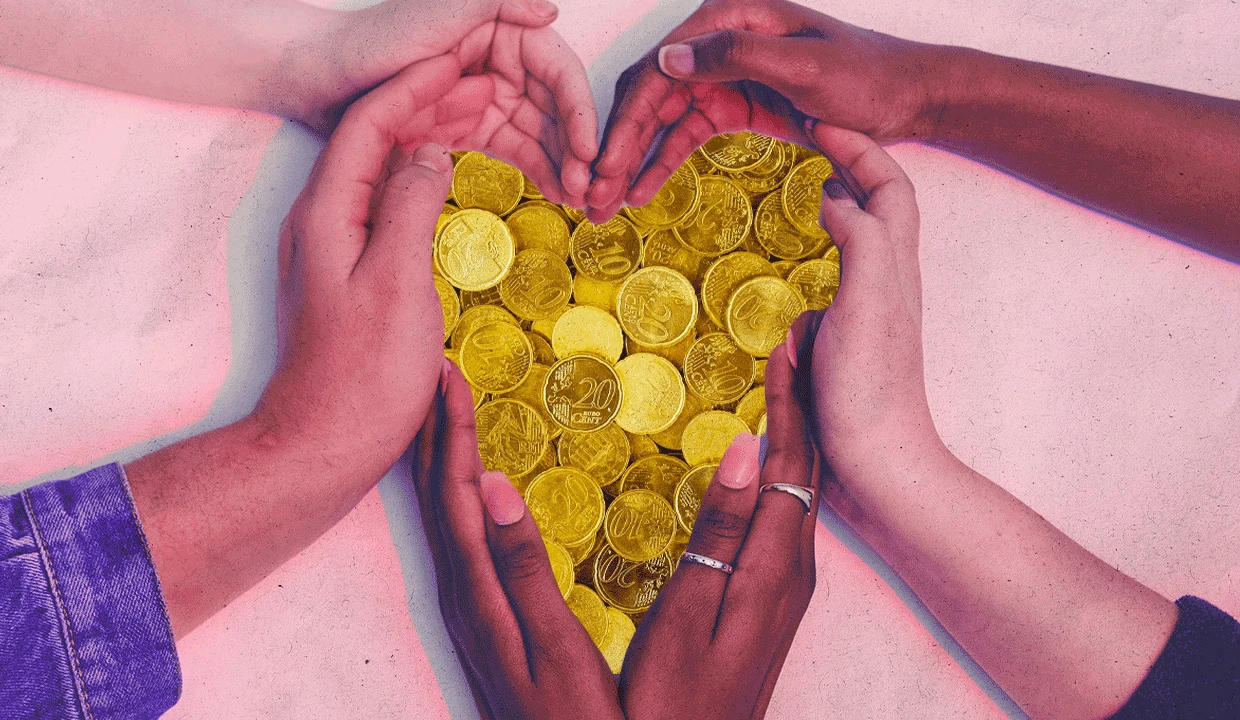ANALYZING ISLAMIC FINTECH ROLE IN FACING COVID-19 RECESSION
Is Islamic fintech reliable to fight COVID-19 recession?

Today, Islamic fintech does not only provide Muslims needs but non-muslim also likes the sharia economic concept. Don’t get me wrong; it’s far from a conventional construct as they try to grab young Muslims and expand their financial services to the unbanked. Nevertheless, Islamic fintech has its charisma, especially among Muslims in Gen Z.
We already describe why Islamic fintech wins in Southeast Asia and perhaps in other countries across the world. But another big question comes, is Islamic fintech reliable to fight COVID-19 recession?
New opportunities come widen
Islamic laws ban the rate of interest on financial services. In another case, there are still debates on cashback or discount applications among the priests. Some of them are considered as riba, which is categorized as prohibited things in Islam.

Last year, Indonesia’s top Muslim clerical confirmed that virtual money is allowable and that Muslims can use it for shariah-compliant payments with specific conditions. It gives fresh air and generates a significant opportunity for the region’s fintech firms. They’ve been working hard to be innovative while at the same time trying to ensure that their services are shariah-compliant.
Islamic fintech tends to do partnerships. As a result, these for blowing its existence, as they are a crucial growth strategy for Islamic fintech, with the more in-demand partners being other Islamic fintech and Islamic banks. Muslim-majority Southeast Asian countries expect to provide Islamic fintech with the highest growth potential in 2020, with Indonesia in particular at the forefront.
Some of the areas that enable digitized
Big data, blockchain-based smart contracts, insurance, and artificial intelligence (AI) are a chain of opportunities that Islamic fintech startups can play around with. However, they can start with intelligent blockchain as this technology is built with product standardization, agility, and competitiveness over conventional peers.

There has also been a rising implementation of peer-to-peer financing that encloses real estate and small and medium-sized enterprises within the Islamic fintech startup space. Untapped potentials include big data and AI for Islamic financial services and blockchain solutions in areas like trade finance.
The Sukuk market is potentially digitized as a blockchain that gives transparency and standardization of services provided by Islamic banks. By converting this, it will lower costs for investors and increase transparency.
Zakat becomes an excellent solution for sustainability and ethical problems
Zakat is a required welfare tax of 2.5 percent, payable by all Muslims with wealth above nisab (a threshold or exemption). It is a cash contribution to the underprivileged that fosters cooperation, fair dealings, transparency, and selfless spending on the needy.

These include projects related to renewable energy in underserved communities. Zakat funds are also used to support small and medium-sized businesses as financial support.
During the COVID-19 pandemic, the Islamic fin in Indonesiatech is gaining the attention of many nations, both Islamic and non-Islamic. Among other things, Islamic fintech helps propagate fintech opportunities, allows for business inclusivity, and offers some much-needed stability in times of uncertainty.
#THE S MEDIA #Media Milenial


























